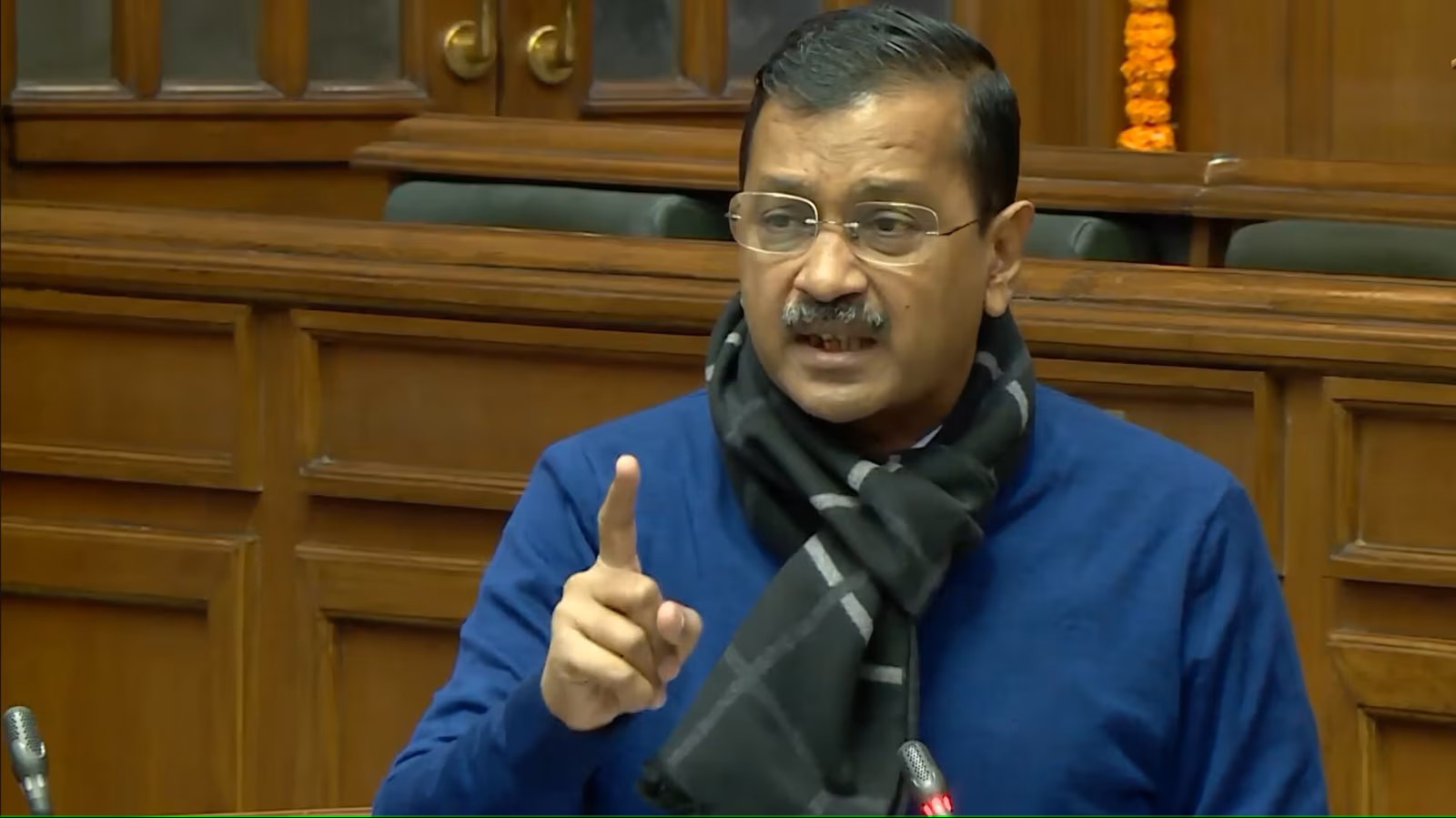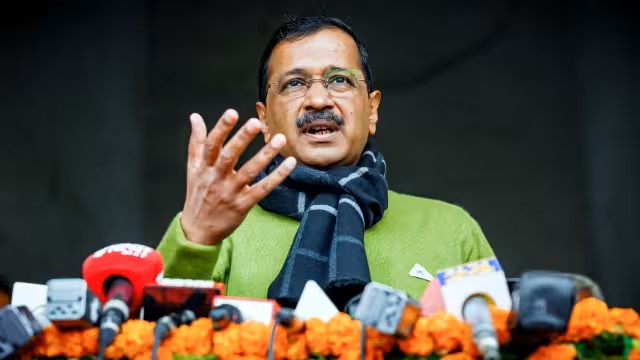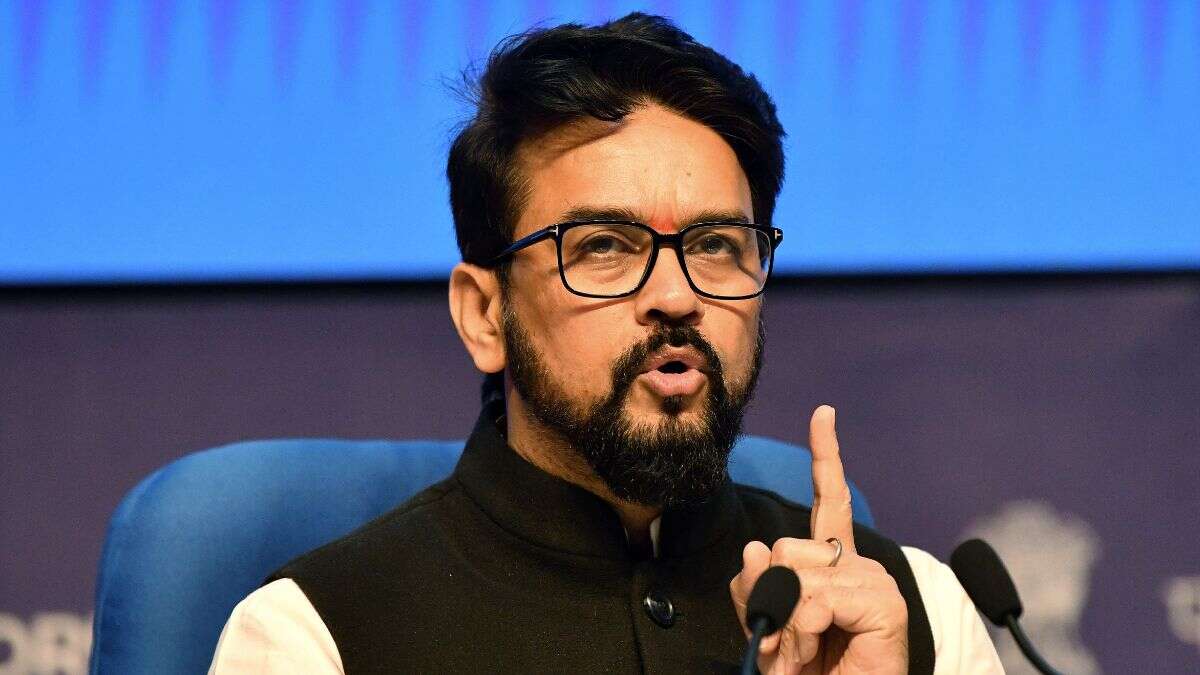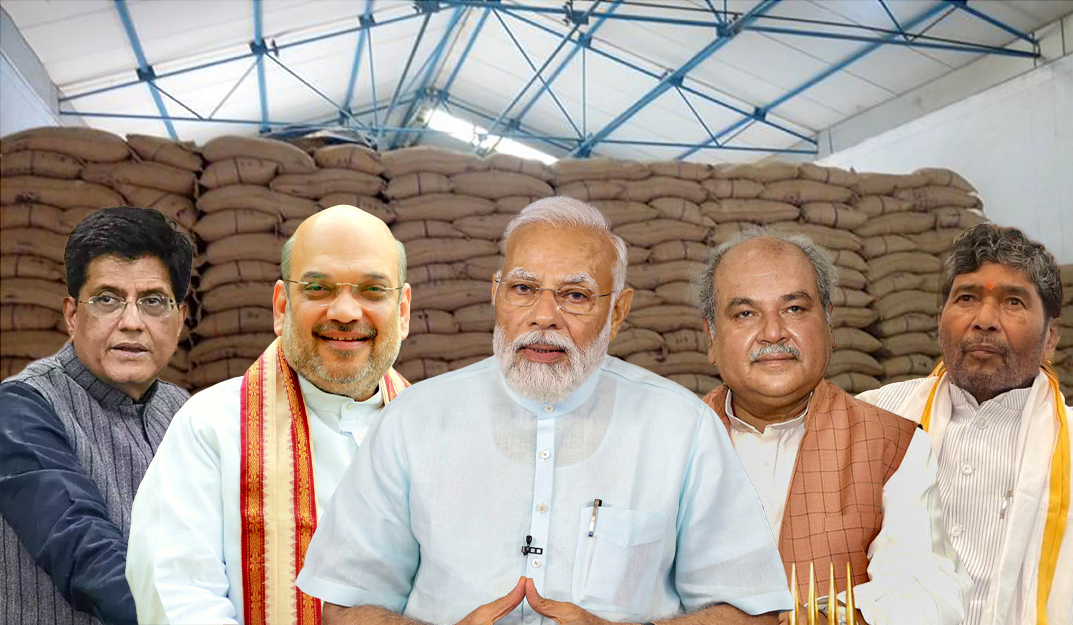The recent resignation of Chandigarh Mayor Manoj Sonkar has unleashed a torrent of controversies, casting a long shadow on the electoral process and igniting accusations of foul play. While Sonkar cites personal reasons for his departure, the timing – coinciding with an ongoing investigation into alleged electoral manipulation – fuels suspicions and demands deeper scrutiny. This complex saga, characterized by shifting allegiances, bitter accusations, and legal pronouncements, deserves a closer examination to understand the various forces at play and their potential impact on Chandigarh’s political landscape.
 Sonkar’s narrow victory over AAP’s Kuldeep Kumar (16 votes to 12) in the January 30th mayoral election was immediately met with scepticism. The invalidation of 8 votes due to irregularities raised eyebrows, and suspicions soared with the emergence of a video purportedly showing Returning Officer Anil Masih tampering with ballot papers. This unprecedented development prompted the Supreme Court to take a strong stance, marking the first time in India’s history that a returning officer has faced such direct scrutiny. The court’s order for Masih’s prosecution sent a clear message that attempts to undermine electoral integrity would not be tolerated.
Sonkar’s narrow victory over AAP’s Kuldeep Kumar (16 votes to 12) in the January 30th mayoral election was immediately met with scepticism. The invalidation of 8 votes due to irregularities raised eyebrows, and suspicions soared with the emergence of a video purportedly showing Returning Officer Anil Masih tampering with ballot papers. This unprecedented development prompted the Supreme Court to take a strong stance, marking the first time in India’s history that a returning officer has faced such direct scrutiny. The court’s order for Masih’s prosecution sent a clear message that attempts to undermine electoral integrity would not be tolerated.
As the investigation into the alleged tampering gained momentum, another dramatic turn unfolded. Three AAP councillors, in a move that surprised many, switched allegiance to the BJP, bolstering their position in the Chandigarh Municipal Corporation. This defection, coupled with the BJP’s existing support from an Akali Dal councillor and ex-officio voting rights for MP Kirron Kher, effectively handed them control of the council. This sudden shift in power dynamics left the AAP and its ally Congress in a precarious position, raising questions about the motivation behind these defections and their potential influence on future political decisions.
Amidst these developments, the air is thick with accusations. The AAP, along with other opposition voices, vehemently allege that the BJP employed unfair tactics, including ballot paper manipulation, to influence the election outcome. They demand a thorough and impartial investigation to safeguard the sanctity of democratic processes. The BJP, on the other hand, dismisses these claims as baseless attempts to undermine their legitimate victory. This battle of narratives, fueled by opposing claims and a lack of definitive answers, erodes public trust in the system and raises concerns about the potential for political influence in electoral processes.
The Chandigarh saga transcends the immediate political battle for control of the civic body. It lays bare the vulnerability of democratic institutions when trust is eroded by allegations of manipulation. The public is left grappling with a multitude of questions: Was the election truly fair? Can the investigation deliver an unbiased verdict? How can such incidents be prevented in the future? These underlying concerns demand serious introspection and a concerted effort to uphold the values of transparency and accountability in electoral processes.
As the investigation progresses and further information comes to light, the future of Chandigarh’s political landscape remains uncertain. Sonkar’s resignation might offer temporary closure, but it does little to dispel the lingering doubts and accusations. The path to a definitive resolution is likely to be long and arduous, demanding unwavering commitment to due process and a relentless pursuit of truth. Only then can the citizens of Chandigarh, and indeed the nation, regain faith in the sanctity of their electoral system.
The situation in Chandigarh serves as a stark reminder of the fragility of democratic processes and the importance of safeguarding them from undue influence. The ongoing investigation must be allowed to proceed without interference, ensuring a thorough and impartial examination of the allegations. Beyond this specific case, broader conversations are needed about strengthening electoral frameworks, promoting ethical conduct, and fostering a culture of accountability among political actors. Ultimately, restoring public trust in the system requires a collective effort from elected officials, investigative agencies, and citizens alike, with a shared commitment to upholding the principles of fair and transparent elections.




